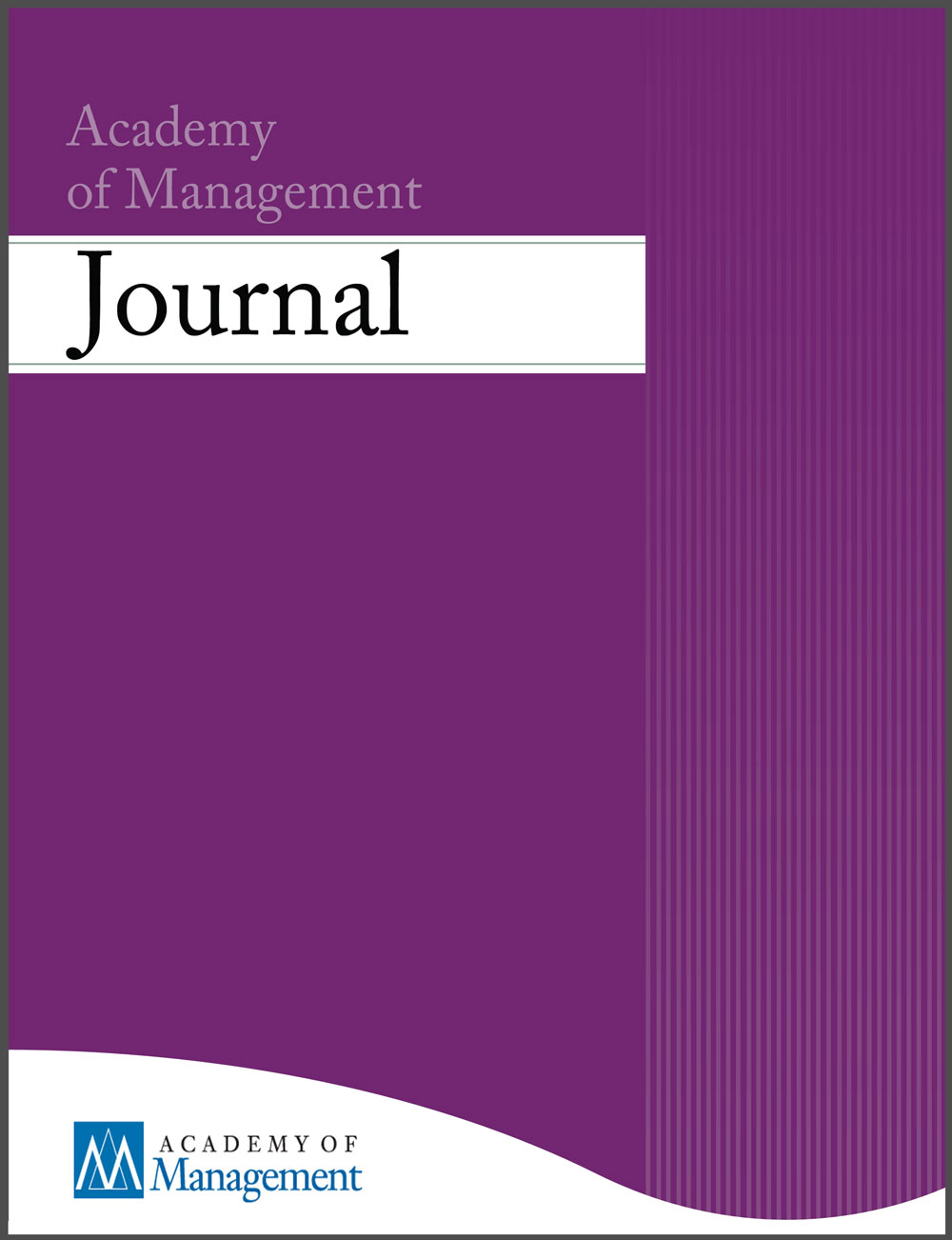感知的企业特定人力资本:流动性是制约因素还是促进因素?
IF 10.5
1区 管理学
Q1 BUSINESS
引用次数: 0
摘要
我们探讨了工人对企业特定人力资本(FSHC)的看法与人员流动之间的关系。人们认为,实际的企业特定人力资本会限制流动性,这也是其在基于资源的理论中发挥关键作用的基础。然而,这种观点建立在一个强有力的信息效率假设之上,即市场参与者正确评估个人技能的特殊性,并对其进行适当定价。新出现的理论观点对此提出了质疑,指出了劳动力市场的不完善以及观察 FSHC 的巨大困难。因此,我们通过阐明众所周知的供应方机制(如工作满意度、嵌入性和工作自主性偏好)的作用,就感知到的 FSHC 如何可能与流动性产生积极关系提出了理论。通过在截然不同的背景下(韩国和美国)收集的两份档案调查和两份原始调查,我们发现我们的理论得到了支持。对 FSHC 的认知与流动性的增加有关,而工作满意度和工作嵌入性对这种效应起到了部分中介作用。对于重视工作自主性的员工(如果他们认为自己的技能是 FSHC,则更有可能离职)来说,这种效应会增强。由于感知 FSHC 的影响与注重实际 FSHC 的现有理论大相径庭,我们探讨了基于资源的理论和人力资本理论的影响。本文章由计算机程序翻译,如有差异,请以英文原文为准。
Perceived Firm-Specific Human Capital: Mobility Constraint or Enhancer?
We explore the relationship between workers’ perceptions of firm-specific human capital (FSHC) and turnover. The belief that actual FSHC constrains mobility undergirds its critical role in resource-based theory. However, this rests on a strong assumption of information efficiency that market actors correctly assess how specific an individual’s skills are, and price it appropriately. Emerging theoretical viewpoints dispute this, pointing out labor market imperfections and substantial difficulty in observing FSHC. We therefore develop theory about how perceived FSHC may relate positively to mobility by articulating a role for well-known supply-side mechanisms such as job satisfaction, embeddedness, and preference for job autonomy. Using two archival surveys and two primary surveys collected in very different contexts (South Korea and the United States), we found support for our theory. Perceptions of FSHC were associated with increased mobility and this effect was partially mediated by job satisfaction and job embeddedness. The effect was augmented for workers who value autonomy in their jobs (and who are more likely to exit if they perceived their skills as FSHC). Since the effect of perceived FSHC is quite different from that OF extant theory which focused on actual FSHC, we explore implications for resource-based and human capital theories.
求助全文
通过发布文献求助,成功后即可免费获取论文全文。
去求助
来源期刊

Academy of Management Journal
Multiple-
CiteScore
16.00
自引率
5.70%
发文量
99
期刊介绍:
The mission of the Academy of Management Journal (AMJ) is to disseminate empirical research that rigorously tests, extends, or constructs management theory while enhancing management practice. The journal welcomes diverse empirical methods, including qualitative, quantitative, field, laboratory, meta-analytic, and mixed methods. For publication in AMJ, research must exhibit robust empirical and theoretical contributions, with manuscripts emphasizing the practical relevance of these contributions to management practice. Authors are encouraged to craft original, insightful, interesting, and theoretically bold research that makes a substantial "value-added" contribution to the field's comprehension of a given issue or topic.
 求助内容:
求助内容: 应助结果提醒方式:
应助结果提醒方式:


